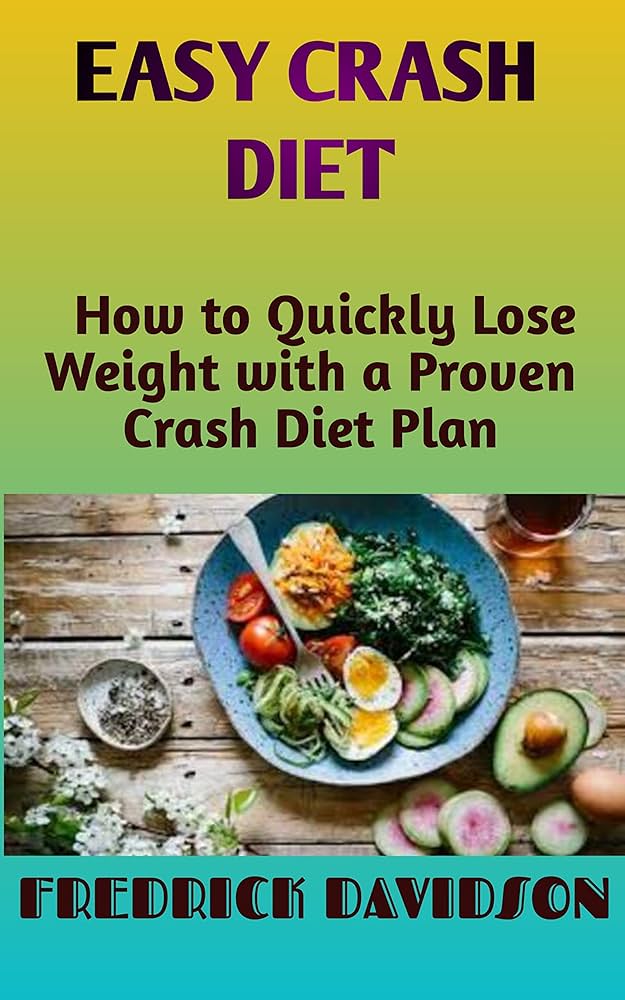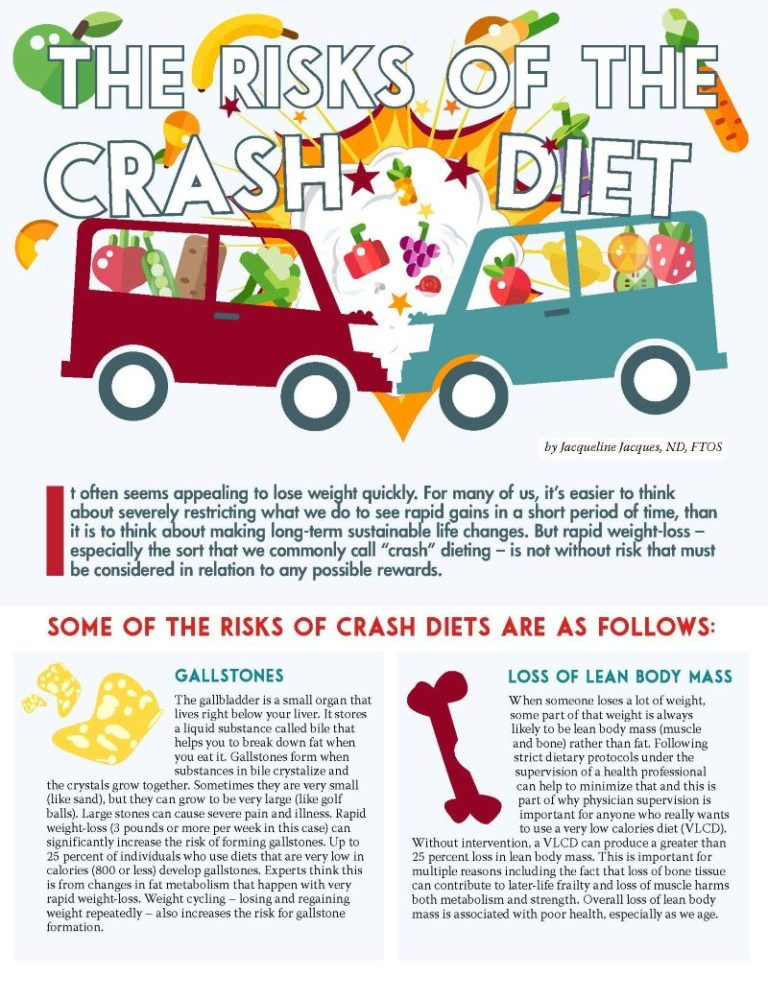crash diet
The Definitive Guide to Crash Diets: Understanding the Risks and Exploring Sustainable Alternatives
Introduction
In our fastpaced world, the desire for rapid results is often overwhelming. We are bombarded with images of instant transformations and the promise of a "quick fix" for our health and fitness goals. Crash diets, by their very nature, capitalize on this desire, offering the allure of significant weight loss in a remarkably short period. From juice cleanses and extreme calorie restrictions to singlefood diets, these methods promise a rapid path to a new you. However, the reality of a crash diet is far more complex than the glossy advertisements suggest. While the initial weight loss can be motivating, it often comes at a significant cost to your longterm health, both physical and mental. We will delve deep into the world of crash diets, meticulously examining their mechanisms, uncovering their inherent risks, and, most importantly, providing a detailed roadmap to sustainable, longterm health and wellness. Our aim is to equip you with the knowledge to make informed decisions, moving beyond the superficial appeal of quick fixes and embracing a lifestyle that promotes genuine wellbeing.
What Exactly is a Crash Diet?
A crash diet is a dietary regimen that involves a drastic and severe reduction in caloric intake, often for a short duration. The primary objective is to achieve rapid weight loss, typically losing several pounds in a week or less. These diets are characterized by extreme limitations, often cutting out entire food groups, consuming a very limited number of specific foods, or relying on liquidonly intake. The calorie count in a typical crash diet can drop to dangerously low levels, sometimes as low as 8001200 calories per day, far below the recommended daily intake for most adults.

The Mechanics of Rapid Weight Loss
When you severely restrict your calories, your body goes into a state of shock. Initially, the rapid weight loss you see on the scale is not primarily fat loss. Instead, it's a combination of glycogen and water loss. Glycogen, the stored form of carbohydrates in your muscles and liver, is bound to water. When your body burns through its glycogen stores for energy due to a lack of incoming calories, it releases the water along with it. This is why you might lose several pounds in the first few days of a crash diet.
Common Types of Crash Diets
Liquid Diets: These diets replace solid food with shakes, juices, or broths. They are often marketed as a way to "detox" the body, but in reality, they lack the fiber and nutrients found in whole foods.
SingleFood Diets: Examples include the cabbage soup diet, grapefruit diet, or the mono diet, where you eat only one type of food for an extended period. These diets are nutritionally deficient and incredibly difficult to sustain.
Very LowCalorie Diets (VLCDs): These are medically supervised diets that involve consuming a preformulated liquid or powdered meal replacement, typically providing 800 calories or less per day. These should only be undertaken under a doctor's care.
The Alarming Dangers of Crash Dieting
While the initial results of a crash diet may seem promising, the longterm consequences can be severe. We must acknowledge that these diets are not without significant risks to your health.
Metabolic Slowdown and Muscle Loss
One of the most detrimental effects of a crash diet is its impact on your metabolism. Your metabolism is the process by which your body converts food into energy. When you drastically cut calories, your body, in a primal survival response, assumes there's a famine. To conserve energy, it slows down your metabolic rate. This means you burn fewer calories at rest. Furthermore, because your body is in a state of starvation, it begins to break down muscle tissue for energy. Muscle is metabolically active, meaning it burns more calories than fat, even at rest. By losing muscle mass, you further decrease your metabolism, making it easier to regain weight once you stop the diet. This is a cruel cycle that often leads to a phenomenon known as the "yoyo effect," where you lose weight quickly only to gain it all back, and often more, shortly after.
Nutritional Deficiencies
Restricting your food intake to a few select items or an extremely low number of calories almost guarantees you will not be getting the full spectrum of vitamins, minerals, and macronutrients your body needs to function optimally. A lack of essential nutrients can lead to a host of health problems, including but not limited to:
Hair loss and brittle nails
Fatigue and low energy levels

Weakened immune system
Digestive issues and constipation
Bone density loss due to a lack of calcium and vitamin D
Electrolyte imbalances, which can affect heart function
The Mental and Emotional Toll
The psychological impact of crash dieting is often overlooked but is just as significant as the physical risks. The extreme restriction and constant hunger can lead to:
Increased irritability and mood swings
Obsessive thoughts about food
Binge eating episodes once the diet is over
Poor body image and a strained relationship with food
Development of eating disorders
Building a Sustainable Path to Wellness
Instead of resorting to dangerous crash diets, we advocate for a sustainable, balanced, and holistic approach to health. This is not a quick fix but a permanent lifestyle change that promotes longterm wellbeing.
Focusing on NutrientDense Whole Foods

The cornerstone of a healthy lifestyle is a diet rich in nutrientdense whole foods. This includes a colorful array of fruits and vegetables, lean proteins, healthy fats, and complex carbohydrates.
Lean Proteins: Chicken, fish, beans, lentils, and tofu are essential for building and repairing muscle tissue.
Healthy Fats: Avocados, nuts, seeds, and olive oil are crucial for hormone production and brain function.
Complex Carbohydrates: Oats, brown rice, and wholewheat bread provide sustained energy and fiber.
Fruits and Vegetables: These are packed with vitamins, minerals, and antioxidants that protect your body from disease.
The Role of Regular Physical Activity
Exercise is not just about burning calories; it is a vital component of overall health. A combination of cardiovascular exercise and strength training is ideal.
Cardiovascular Exercise: Brisk walking, running, swimming, or cycling improves heart health and endurance.
Strength Training: Lifting weights or using your own body weight helps build muscle mass, which in turn boosts your metabolism.
The Importance of Hydration and Sleep

Hydration: Water is fundamental for every bodily function. It aids in digestion, nutrient absorption, and helps control appetite. We recommend drinking at least eight glasses of water a day.
Sleep: A lack of sleep can disrupt hormones that regulate appetite, leading to increased hunger and cravings. Aim for 79 hours of quality sleep per night.
The MindBody Connection
True wellness extends beyond diet and exercise. We must also address the mindbody connection. This involves being mindful of our choices, listening to our body's signals, and managing stress effectively. Practices such as meditation, yoga, and deep breathing can help reduce cortisol, the stress hormone that contributes to weight gain, particularly around the midsection.

Conclusion
The promise of a crash diet is a compelling illusion. While the scale may show a lower number in the short term, this initial success is often overshadowed by a multitude of health risks and the inevitability of weight regain. We believe that true and lasting wellness is not found in deprivation but in nourishment, not in a quick fix but in a sustainable lifestyle. By embracing a balanced diet of whole foods, engaging in regular physical activity, and prioritizing our mental and emotional health, we can achieve not only our weight goals but a level of vitality and wellbeing that no crash diet can ever deliver. We urge you to move past the superficiality of fleeting results and embark on a journey towards a healthier, happier, and more fulfilling life.
Meta Keywords: crash diet, crash diet dangers, crash diet risks, weight loss, rapid weight loss, yoyo dieting, sustainable weight loss, healthy diet, metabolism, nutritional deficiency, quick fix diet
Comments
Post a Comment